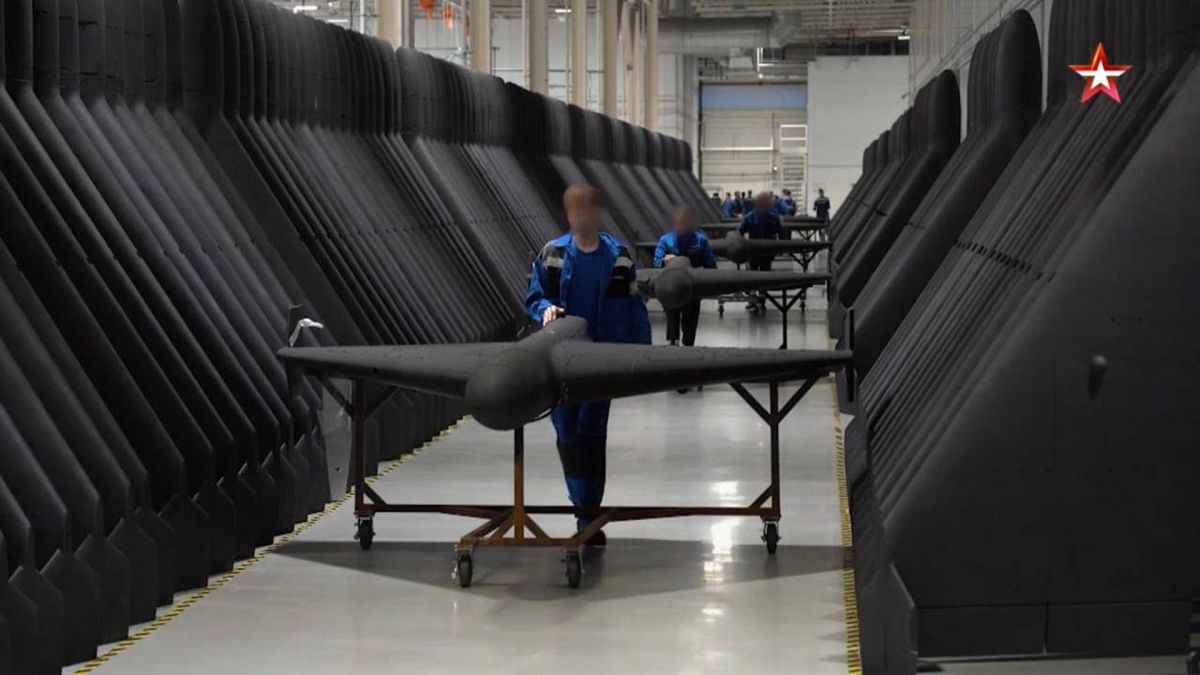T4K3.news
Iran Feels Shortchanged in Moscow Drone Pact
Iran may feel shortchanged as Russia expands Shahed production under a 1.75 billion deal.
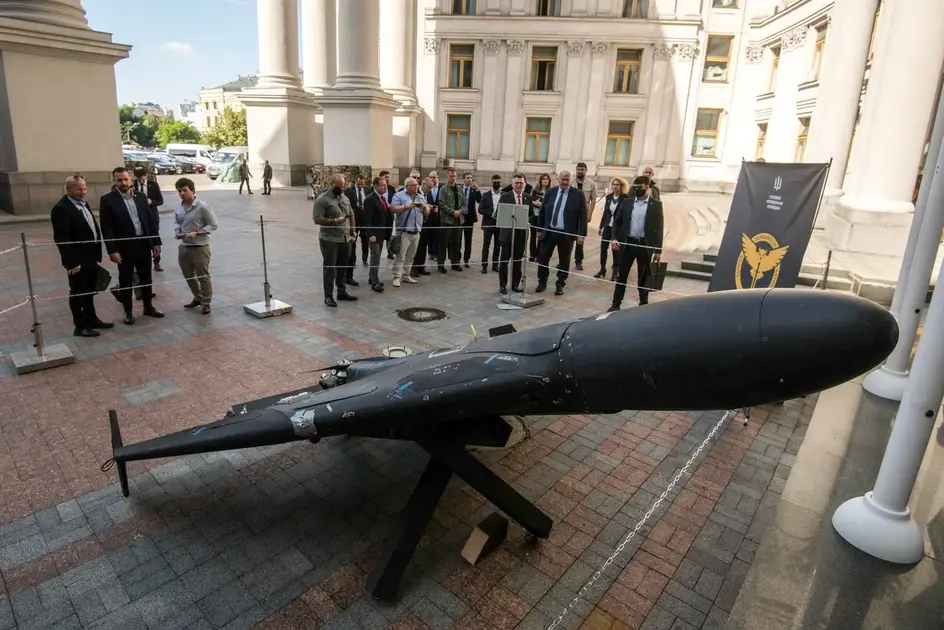
Iran questions the value of a multibillion dollar drone deal as Russia expands local Shahed production and Moscow pressures Tehran for returns.
Iran Feels Shortchanged in Moscow Drone Pact
U.S. based CNN reports that Iran’s Shahed-136 drones are now largely produced at the Alabuga zone in Russia, under a 1.75 billion dollar deal signed in 2023. The expansion lets Moscow flood Ukraine with drones while Tehran weighs what it has earned from the partnership. The article notes that Iran once hoped for high end gains such as Su-35 fighters, but Russia has moved to grow its own production with limited Iranian input.
Iran continues to deny large scale new drone sales since the invasion began, while acknowledging earlier transfers. The CNN piece highlights gold payments totaling at least 104 million dollars and mentions Sahara Thunder as a Tehran linked intermediary. It also describes how Shahed drones have evolved with features like radar shielding and faster jet propulsion, altering the cost and risk calculus for both sides. The overall picture is a complex mix of technology transfer, production scale, and uncertain rewards for Tehran.
Key Takeaways
"From Russia’s unfulfilled promises to deliver defense systems like the S-400 and Su-35 fighter jets, to repeated delays in military cooperation, all suggest that this partnership is not based on mutual trust, but rather on opportunistic, short-term interests."
Cited in an Aug. 5 Iranian reformist daily editorial
"purely transactional and utilitarian."
Attributed by a Western intelligence official cited by CNN
"Iran feels it has gotten the short end of the stick in its military-technical cooperation with Russia."
Concluding line in CNN report and article summary
This episode reveals a broader trend in defense ties where access to technology often comes with heavy production control and uncertain returns. By allowing most Shahed production to shift to Russia, Moscow lowers its own costs and gains strategic leverage, while Iran becomes more reliant on Russian timing and decisions. The phrase seller remorse captures a real tension in Tehran’s leadership about what was promised versus what arrived.
Analysts say the pattern points to a market where money and production lines drive influence more than long term strategy. If Iran pushes for clearer terms or seeks additional partners, it could unsettle existing balances and complicate regional security. The situation also raises questions about the durability of arms deals in a volatile, high stakes war environment and whether transparency will ever catch up with the scale of these programs.
Highlights
- A deal built on cash and drones not trust.
- Purely transactional and utilitarian.
- Iran feels it has gotten the short end of the stick.
- The scale of its localized drone production exceeded initial expectations.
Budget and political risk in Iran Russia drone deal
The deal ties a large defense program to uncertain returns. Localized drone production, gold payments, and unclear compensation carry political and financial risks for both Tehran and Moscow. The arrangement could provoke domestic backlash or international criticism as the benefits remain unclear.
The drone age tests partnerships as much as it tests cities under siege.
Enjoyed this? Let your friends know!
Related News
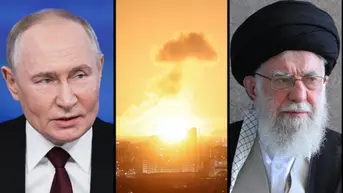
Drone production shifts
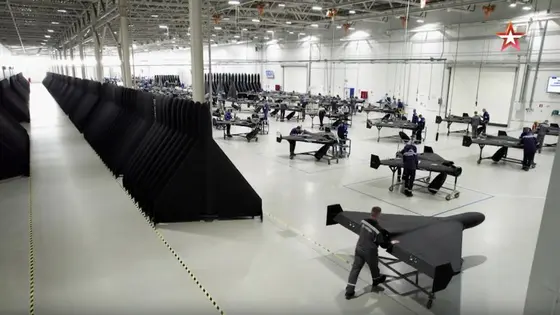
Drone production shift linked to Tehran rift
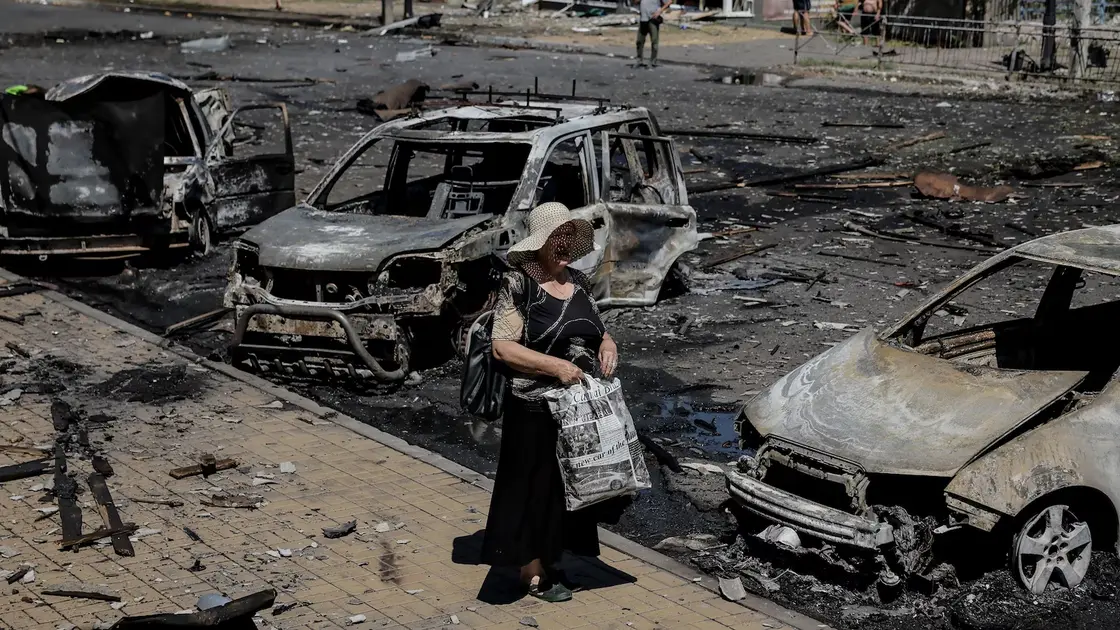
Ukraine pushes for harsher sanctions against Russia
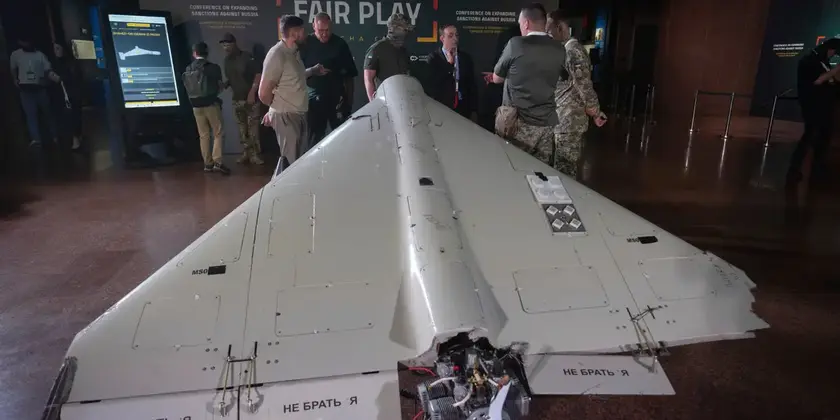
Russia aims to deploy 2,000 drones in one night
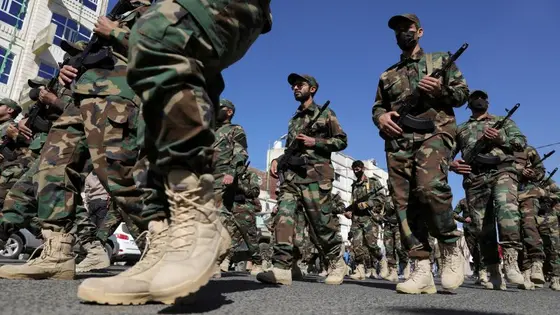
Iran boosts support for proxy groups amid US negotiation stalemate
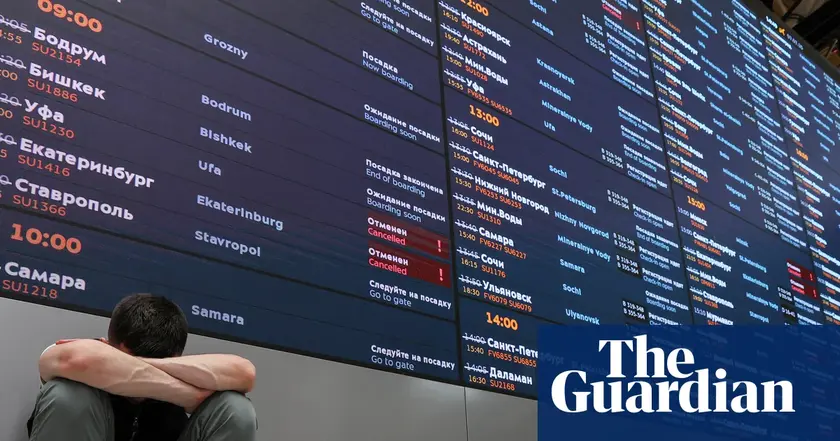
Ukrainian drones disrupt airspace over Moscow
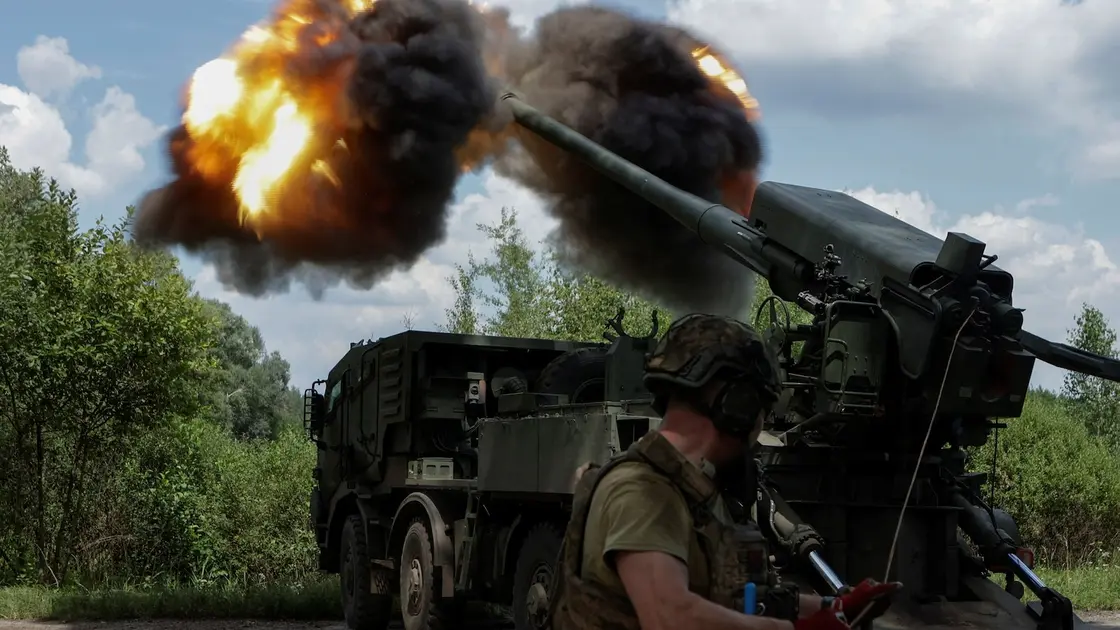
Trump announces new ceasefire deadline for Russia

Russia boosts drone strikes against Ukraine
